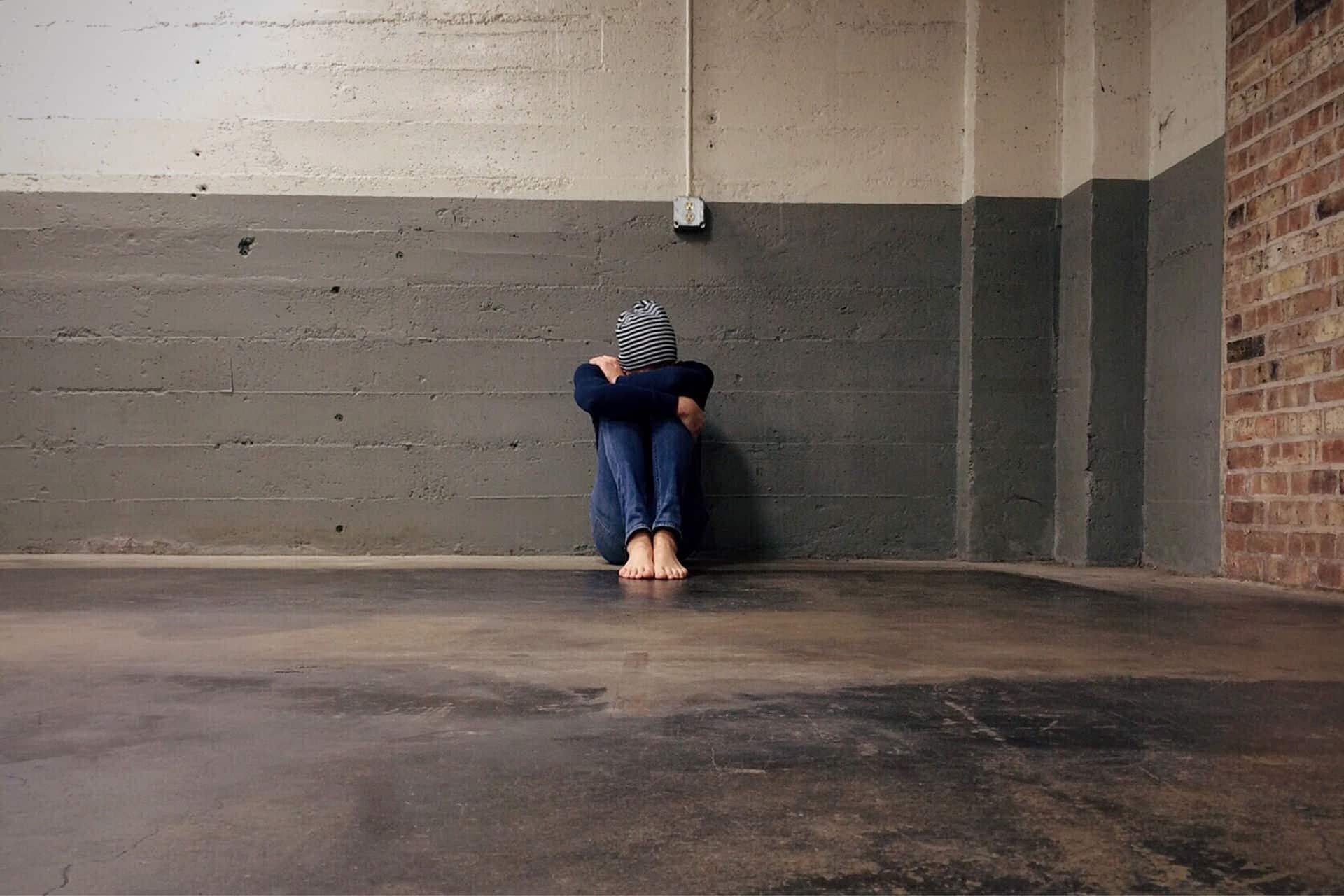Contact Orlando Treatment Solution
For any other questions please call us or fill out the contact us form. We're here to help you at Orlando Treatment Solutions .
Contact Us Call Now (321) 415-3213Popular Post
Why Do People Use Alcohol as a Coping Mechanism?
Stress and anxiety are common in the modern world. A bottle of beer or a glass of wine can become a way for some people to relax. However, what are the consequences when this behavior becomes a coping mechanism? Now let’s discuss using alcohol as a coping mechanism.
What is AUD?
Today, alcohol addiction is recognized as an alcohol use disorder (AUD). This condition is characterized by excessive consumption of alcohol by a person, leading to dependence or addiction, where alcohol becomes the center of their existence. People with AUD continue to drink alcohol despite its harmful consequences on their lives.
What Causes AUD?
There is no single known cause of alcohol use disorder (AUD) rather, several risk factors contribute to its development. AUD occurs when a person consumes excessive alcohol, causing changes in the brain’s reward system that associates alcohol with pleasure.
This change motivates people to consume more, even if the initial pleasure is reduced. When one stops drinking for a long period, withdrawal symptoms occur, leading to a cycle of continued drinking. People continue to drink alcohol to ease these withdrawal symptoms.
Understanding Coping mechanism
People use coping techniques as a way to deal with difficult events. Depending on how they affect a person’s physical and emotional well-being, they can be either good or harmful. Sadly, drinking has become a common and unhealthy strategy.
It’s normal to seek coping mechanisms, and sometimes that means choosing a drink. However, using alcohol as a way to cope can have long-term effects, even though it may provide momentary relief.
Alcohol is used as a Coping Mechanism
Alcohol affects the central nervous system, causing changes in mood and behavior. When ingested, it produces a brief feeling of pleasure or relaxation, making it an attractive distraction from stress, anxiety, or emotional pain. However, relying on alcohol to cope with these anxieties can lead to a dangerous cycle of dependence.
Why Do People Turn to Alcohol?
The motives behind individuals using alcohol as a coping mechanism vary depending on a variety of factors. Alcohol use disorder (AUD) does not show bias and can affect individuals regardless of their age, background, gender, or race. Many people turn to alcohol to cope with not just one, but multiple challenges. Recognizing these underlying causes may provide insight into strategies for the development and prevention of AUD.

Dangers of Alcohol Dependence
Although alcohol may provide momentary relief, it does not address the underlying causes of stress and anxiety. Individuals may find that they require larger amounts of alcohol to produce the same effects over time, resulting in alcohol dependence or addiction. This dependence can have serious health consequences, including liver disease, cardiovascular difficulties, and an increased risk of cancer.
Family Background and Alcohol Use Disorder
If you have a family history of alcohol use disorder (AUD), your chances of developing AUD in your family are higher than those with such a genetic predisposition. Research suggests that genetic factors, particularly those affecting alcohol metabolism, play an important role in the development of AUD. As a result, individuals with a family history of AUD should monitor their alcohol intake to reduce the risk of developing the disorder.
Mental Health
People struggling with mental health issues often seek treatment for their symptoms. Unfortunately, alcohol is commonly used for self-medication and short-term escape. However, this relief is transient and may worsen symptoms over time. This increase may result in increased alcohol consumption in an attempt to reduce symptoms, leaving people trapped in a dangerous cycle of addiction and increasing mental health problems.
Face Trauma
Many people use alcohol to cope with trauma, particularly if it has not been resolved. Dealing with post-traumatic symptoms can be tough. If you have been through several stressful incidents, you may be more likely to acquire AUD.
Breaking the Cycle
To deal with this, it is important to acknowledge the problem, reach out for help, and develop creative coping mechanisms to avoid the tendency to become dependent on alcohol. This may include behavioral therapies such as moral reconation therapy, medication, support networks, or a combination of these options. It is important to understand that asking for support is not a display of weakness, but a step toward regaining control over one’s life.
Contact Orlando Treatment Solutions for Assistance when Needed
Alcohol usage patterns vary depending on individuals and their backgrounds, often used as a coping mechanism. Several risk factors may predispose someone to alcohol use disorder (AUD), particularly if multiple risk factors are present.

It’s imperative to educate yourself about these risk factors and to monitor your behavior to avoid developing AUD. Additionally, it’s essential to be mindful of justifying alcohol consumption, as this can obscure its negative impact on your life and hinder you from seeking assistance.
Getting help when you need it is essential. If you’re having difficulty controlling your alcohol intake on your own, it’s important to reach out for professional assistance. Contact us at (321) 415-3213 for addiction treatment services. Come visit Orlando Treatment Solutions in Orlando, Florida today.
Contact Us
CALL US NOW
Orlando Treatment Solutions will iron out the details for you in a manner that will make you confident in your path to sobriety. That first simple call is your ticket to making Orlando Treatment Solutions your solution for addiction. Get the freedom from addiction that you deserve today.
Call us now on (321) 415-3213Updated News
LATEST POSTS
Orlando Treatment Solutions makes numerous media outlets available to encourage you in your recovery process. Digital media literature is approved by a licensed professional and intended to guide you in your recovery path.

Years of experience
Our leadership team has extensive experience in dual-diagnosis treatment and is ready to help those who are struggling with substance use and mental health.

Specialists
Our staff consists of many licensed addiction and mental health treatment facilitators and other staff who are ready to share their experience and their success.

Happy patients
Orlando Treatment Solutions has helped over 2,000 people who have struggled with substance use (alcohol and drug addiction) and mental health find freedom.
Contact Us
GET IN TOUCH
Reaching out to Orlando Treatment Solutions may be the most important call of your recovery process. A caring professional is waiting for your call to be your guide to addiction-free living.
 info@shc.health
info@shc.health 


